What Is The Best City For Culture? New Report Compares Assets Of 'World?s Greatest Cities?
If you crave a night of theater or dance, head to New York, but for live music, you might want to try Paris. If it's history you're after, Istanbul's your spot, but if you'd rather relax in nature, try Singapore. And if you want to dance the night away, look no further than Sao Paulo.
These are the findings of the 2012 World Cities Culture Report, the largest international survey of its kind. A team of researchers from London-based BOP Consulting crunched a mind-boggling array of figures to assess the cultural assets and activities that are both produced and consumed in 12 major hubs. Dubbed the "world's greatest cities," the report looks at: Berlin, Istanbul, Johannesburg, London, Mumbai, New York, Paris, Sao Paulo, Shanghai, Singapore, Sydney and Tokyo.
BOP, with help from King's College London, researched and wrote the report on behalf of the Mayor of London, Boris Johnson, in partnership with nine other cities. Johnson then launched it at a summit in London on Wednesday as the Olympic Games raged on nearby. Representatives from 10 of the cities surveyed attended the meeting, joining forces to discuss the role culture plays in shaping a world city's identity, economy and public policy.
"I hope that out of the summit a new World Cities Culture Forum will be born," London's gregarious mayor proposed. "A place where cities can come together on a regular basis to share insights with one another and find new ways to work more closely together -- a fitting legacy for the London Games."
One point the study hammers home is that culture is as important as finance or trade in our global economy. It also debunks the myth that cities are becoming more homogeneous.
"Culture in all its diverse forms is central to what makes a city appealing to educated people and hence to the businesses that seek to employ them," it states. "What links world cities to one another is trade, commerce and finance. What makes them different from one another is culture."
The researchers at BOP assessed 60 different indicators to reveal each city's strengths on the world stage. Paul Owens, who led the team, said "Culture is an under-researched and poorly understood factor in the social and economic success of world cities." He hopes the data will become a valuable tool for policymakers across the globe as they devise future strategies for development and investment.
Press "Start" to have a look at how the "world's greatest cities" compare in their cultural offerings.
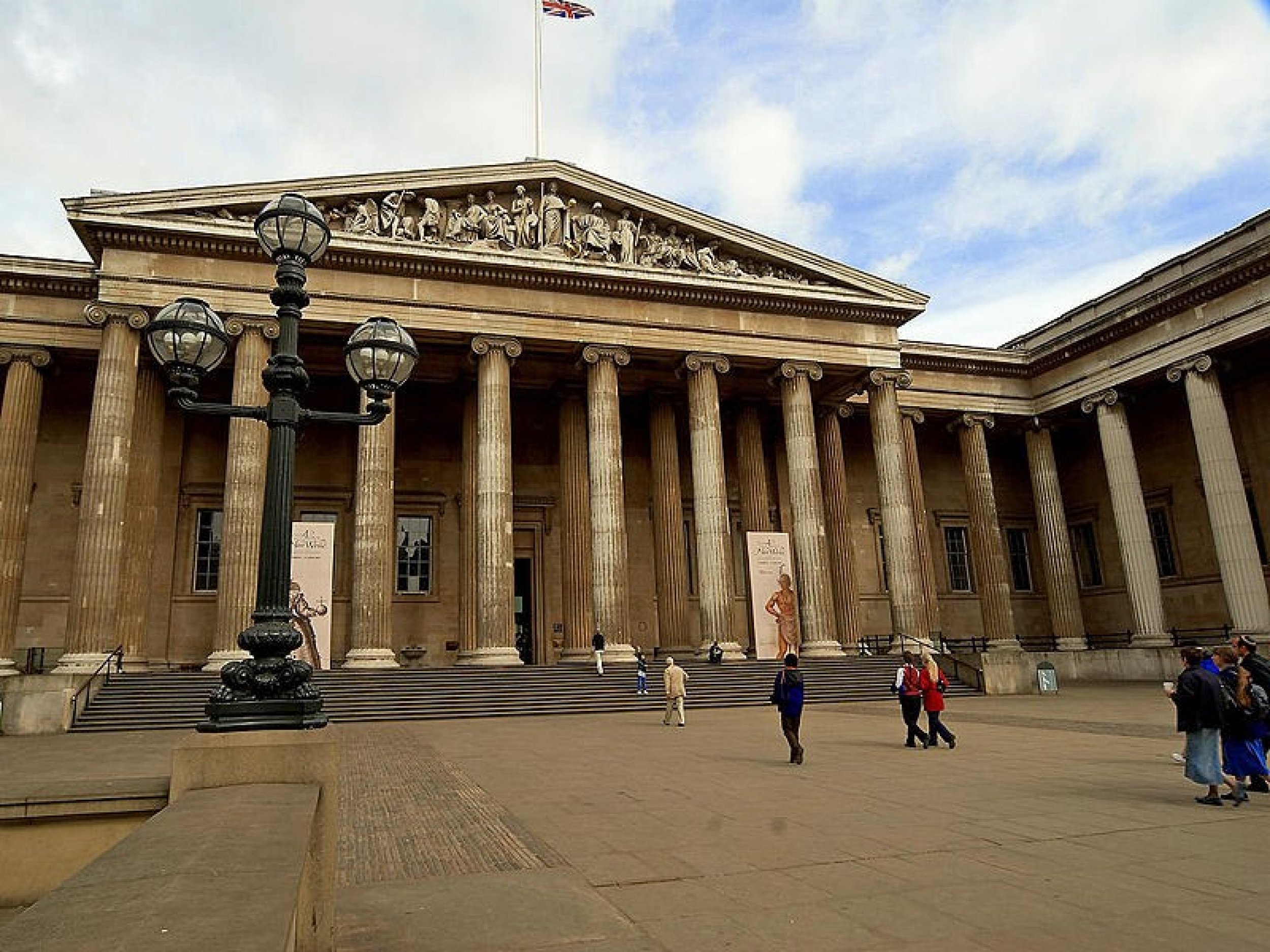
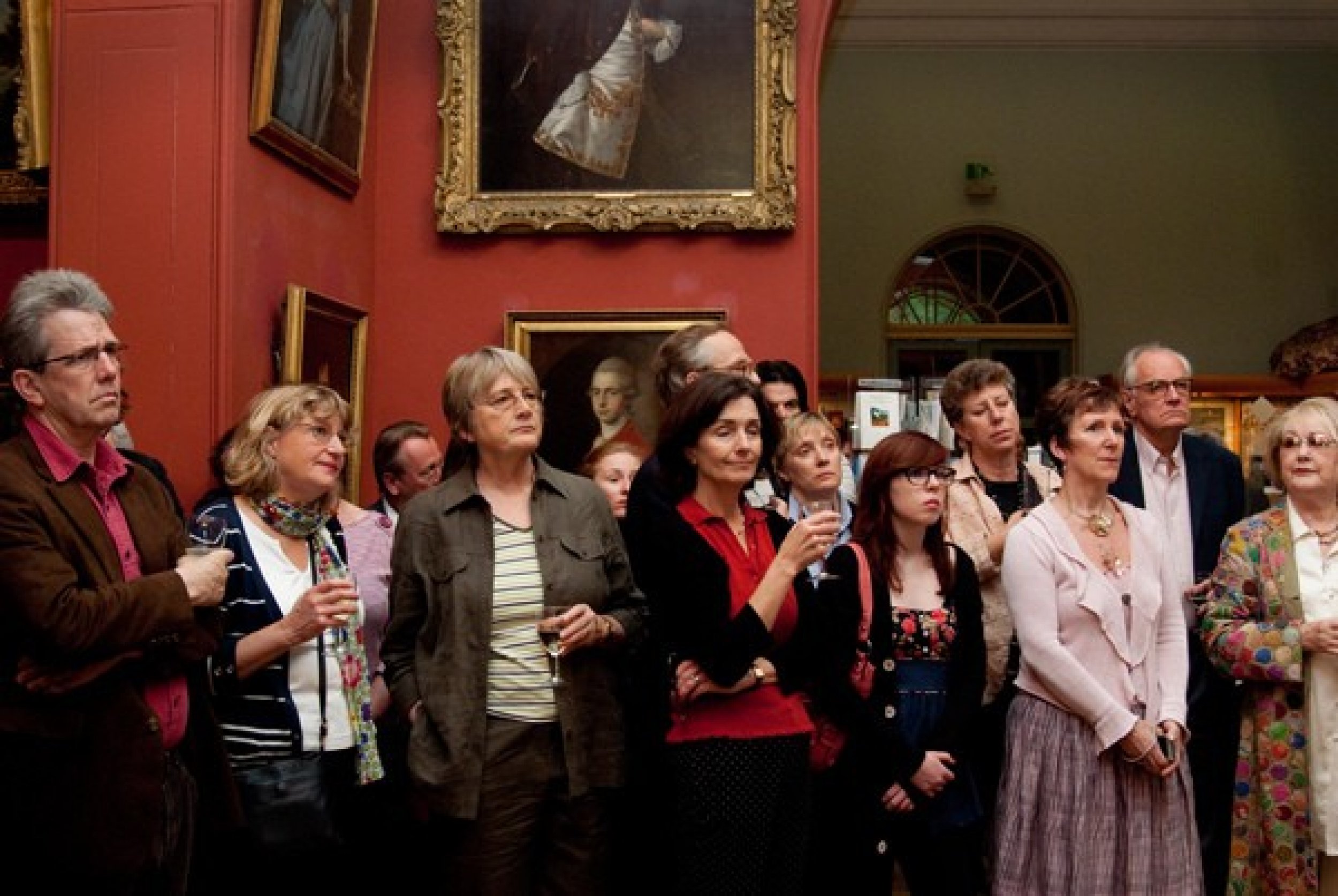
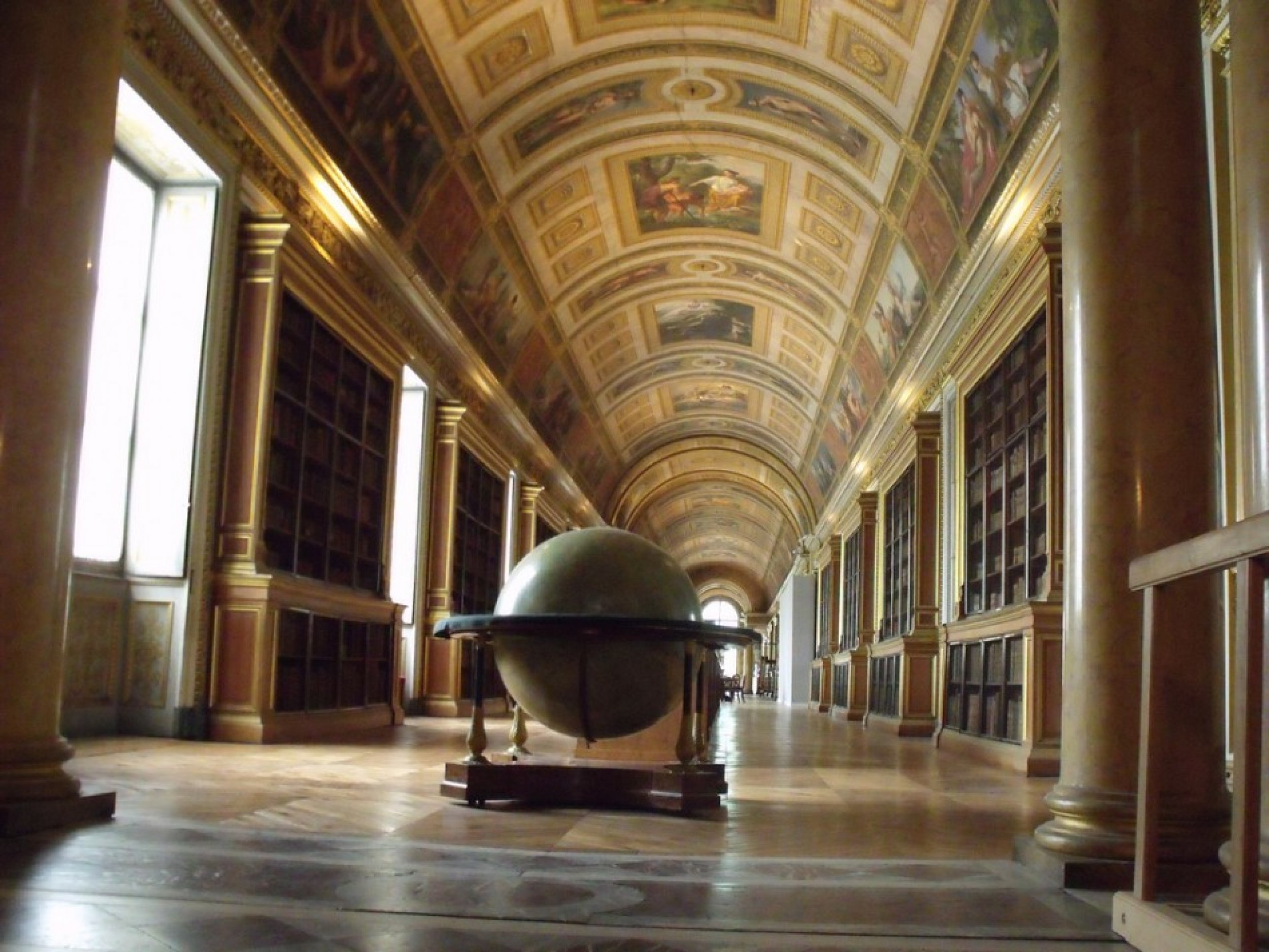

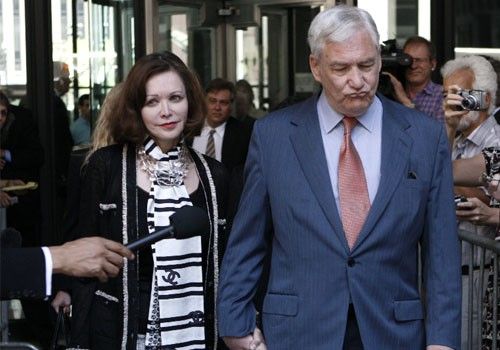

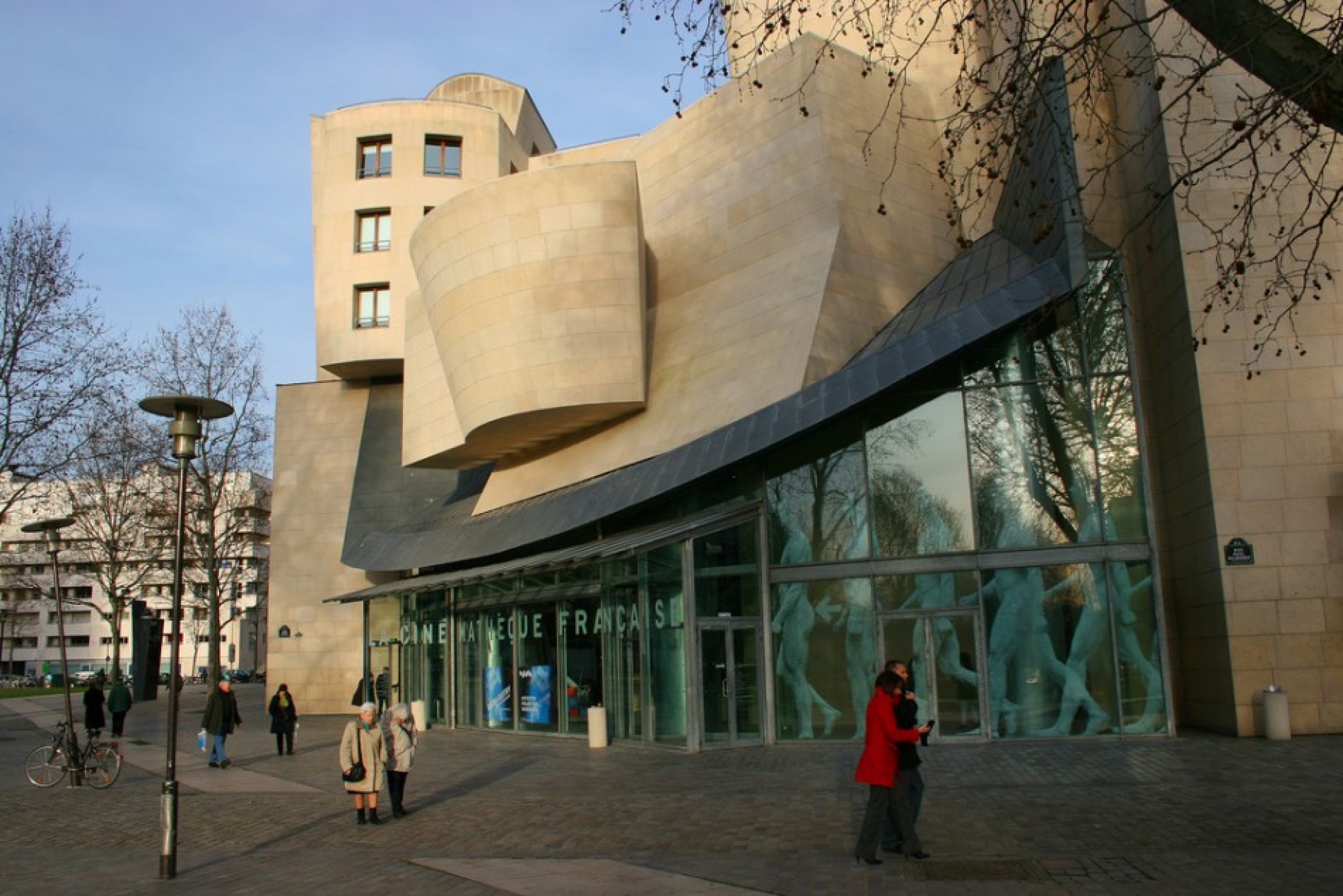


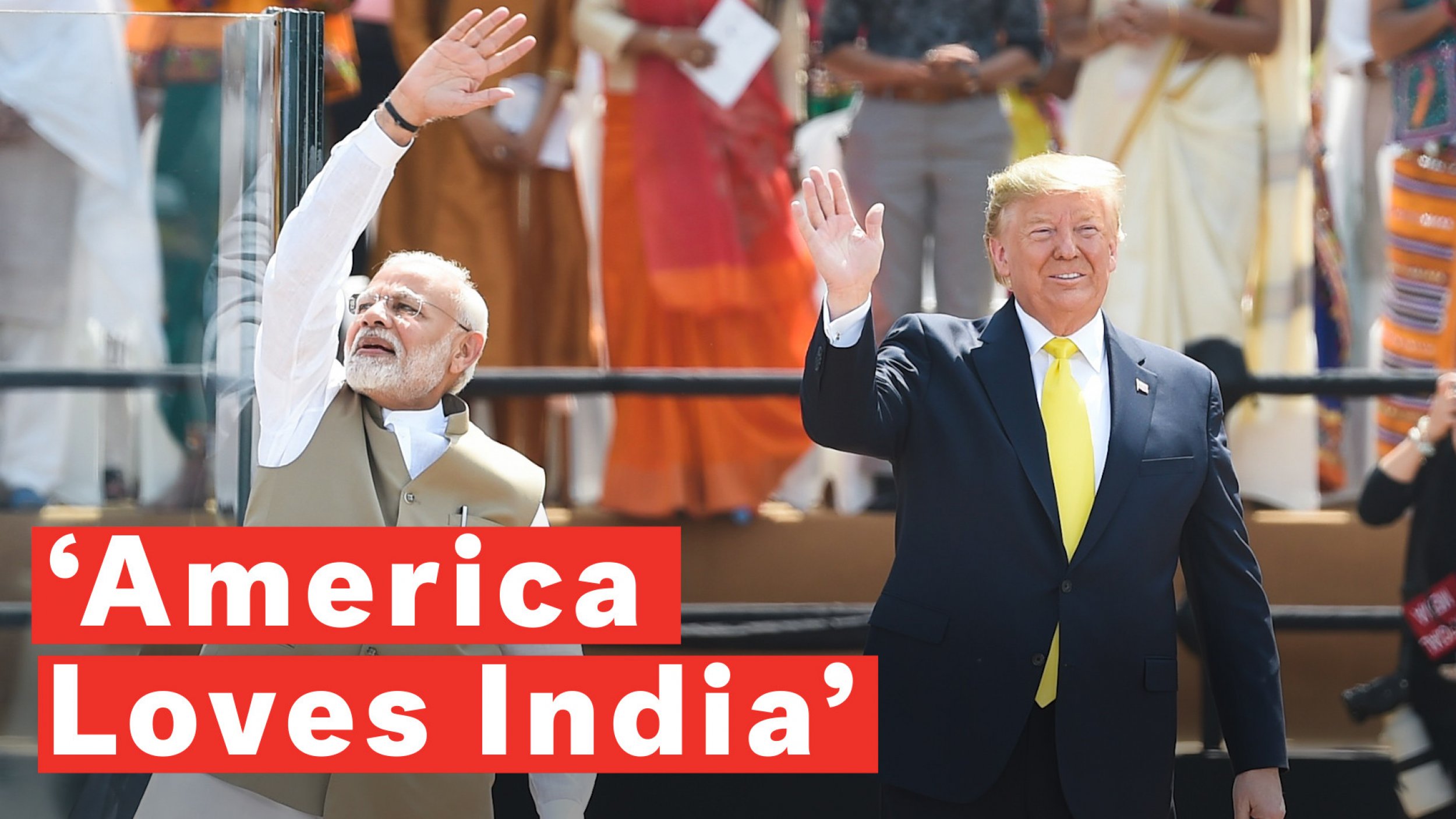
© Copyright IBTimes 2024. All rights reserved.






















